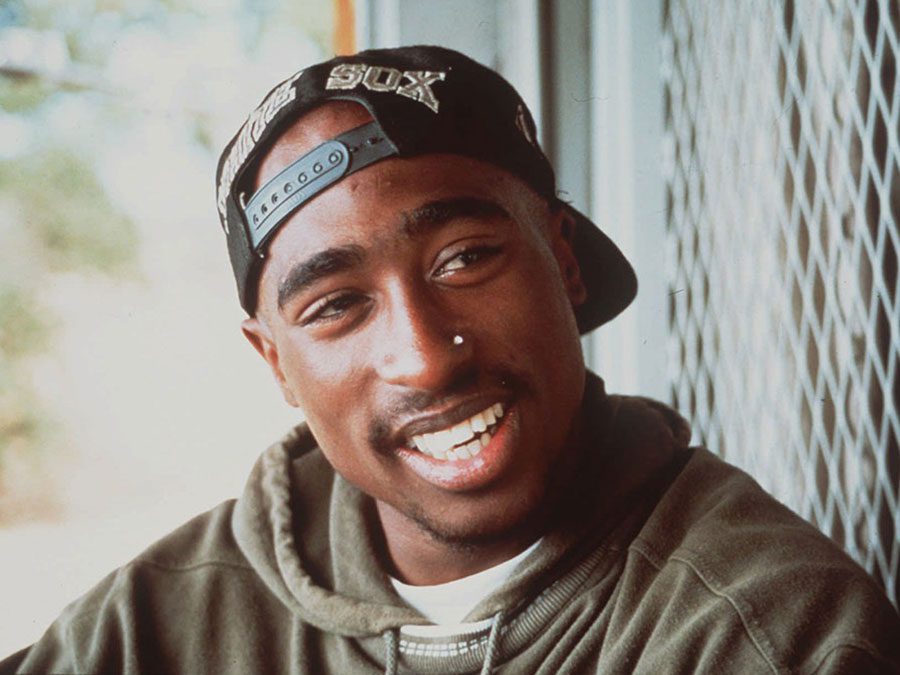Tupac Shakur (Hip Hop)
Thesis : I think Tupac was the most influential hip hop artist on the west coast during the 90’s.
Tupac was born on June 16, 1971 in east Harlem New York. Tupac was born into a family of Black Panther Party members in New York. His mother was tried in New York as a Panther member and had a total of 150 charges. Tupacs mom was severely addicted to drugs so his way of escaping his harsh child hod was by studying jazz, ballet, poetry, and acting in school.
Tupac rose to fame when he debuted his digital underground’s “Same Song” from the film Nothing But Trouble (1991). This album brought more awareness to the police brutality happening during this time period. In 1993 Tupac then released his second album Strictly 4 My N.I.G.G.A.Z. This album went platinum and was considered the album that helped him get more recognition. Tupac released in third album in 1995 called Me Against The World this was considered the most influential hip hop albums of all time. Tupac released his fourth and last album. before his death which was All Eyez On Me. This album was considered his best album he produced because just after two months it went platinum fives times and then four more times in 1998.
At the age of 25 Tupac died from being assassinated. After leaving the Mike Tyson vs. Bruce Weldon Fight on the night of September 7, 1996 around 11pm Tupac was shot while in his car at a red stop light. Tupac was taken to the University Medical Center Of Southern Nevada and was put on life support but died soon after.
In conclusion Tupacs legacy still lives on and this is because of the impact he had on the Black community. Tupac didn’t just talk about violence in his music but he pushed his political and social views more than anything. Tupac set the standard for what current hip hop music is now if it weren’t for him the rap industry would not be as popular as it is.
Sources
Reeves, Mosi. “8 Ways Tupac Shakur Changed the World.” Rolling Stone. Rolling Stone, June 16, 2021. https://www.rollingstone.com/music/music-news/8-ways-tupac-shakur-changed-the-world-128421/amp/.
Bruck, Connie, Kate Julian, and John McPhee. “The Takedown of Tupac.” The New Yorker, June 29, 1997. https://www.newyorker.com/magazine/1997/07/07/the-takedown-of-tupac/amp.
Barrickman , Nick. “25 Years since the Murder of Rapper Tupac Shakur.” World Socialist Web Site, September 13, 2021. https://www.wsws.org/en/articles/2021/09/14/tupa-s14.html.
Lynch , John. “Tupac Life Story: Career Rise and Death.” Business Insider. Business Insider, September 13, 2017. https://www.businessinsider.com/tupac-life-story-death-2016-9?amp.
Ogbar, Jeffrey O. G. “In Tupac’s Life, the Struggles and Triumphs of a Generation.” The Conversation: In-depth analysis, research, news and ideas from leading academics and researchers. The Conversation, June 16, 2017. https://theconversation.com/amp/in-tupacs-life-the-struggles-and-triumphs-of-a-generation-79266.
Anson, Robert Sam. “Tupac Shakur’s Sudden Death and the Life He Left Behind.” Vanity Fair, September 3, 2013. https://www.vanityfair.com/culture/1997/03/tupac-shakur-rap-death.


